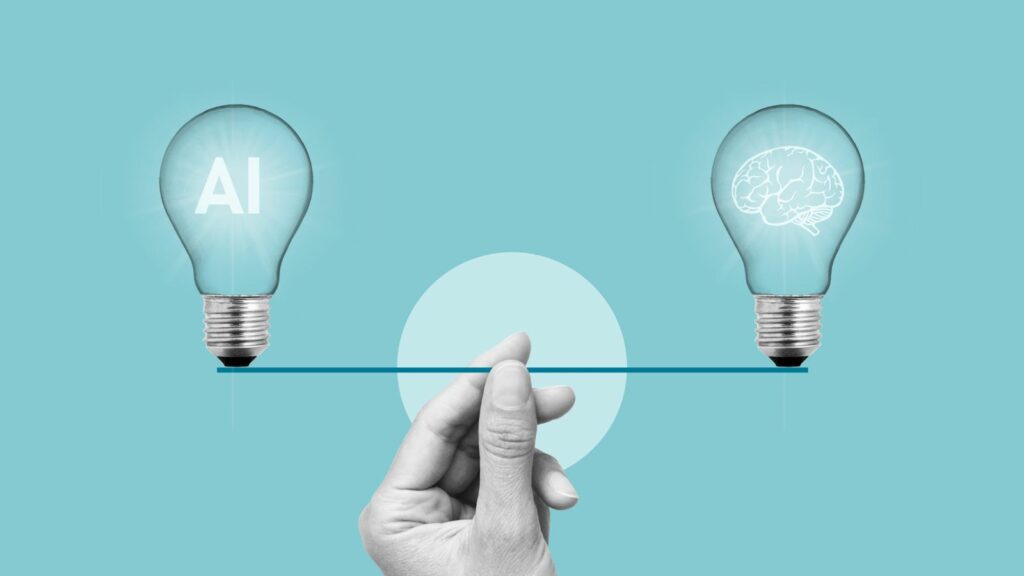Artificial Intelligence (AI) is no longer just a futuristic concept; it’s already influencing our daily choices in ways we might not even realize. AI has quietly integrated many aspects of our lives from personalized recommendations to decision-making assistance. This article explores 20 unexpected ways AI shapes your daily decisions, often behind the scenes. Understanding these influences can help you navigate a world where AI plays an increasingly significant role in thinking, shopping, working, and living.
Shopping Preferences

AI influences your purchasing decisions through personalized product recommendations. Retailers use algorithms to analyze your browsing history and suggest items, often persuading you to buy gadgets you hadn’t intended to purchase. This targeted advertising fosters impulse buying and shifts how you perceive needs versus wants.
Food Choices

AI-driven apps suggest recipes and meal plans based on dietary preferences or fitness goals. While these recommendations offer convenience, they may limit your culinary exploration by favoring familiar choices over new and diverse experiences.
Music and Entertainment

Platforms like Spotify and Netflix use AI to predict your preferences and curate playlists or queues. This can limit your taste range, as algorithms prioritize similar genres and themes, subtly discouraging the exploration of diverse content. Music plays a significant role in connecting people and fostering shared experiences.
Social Interactions

AI-powered matchmaking on dating apps and friend suggestions on social media influence who you connect with. These systems filter individuals based on compatibility scores, impacting the diversity of your social circle and relationships. While this can make it easier to form connections, it may also limit exposure to a broader range of perspectives and experiences.
Workplace Productivity
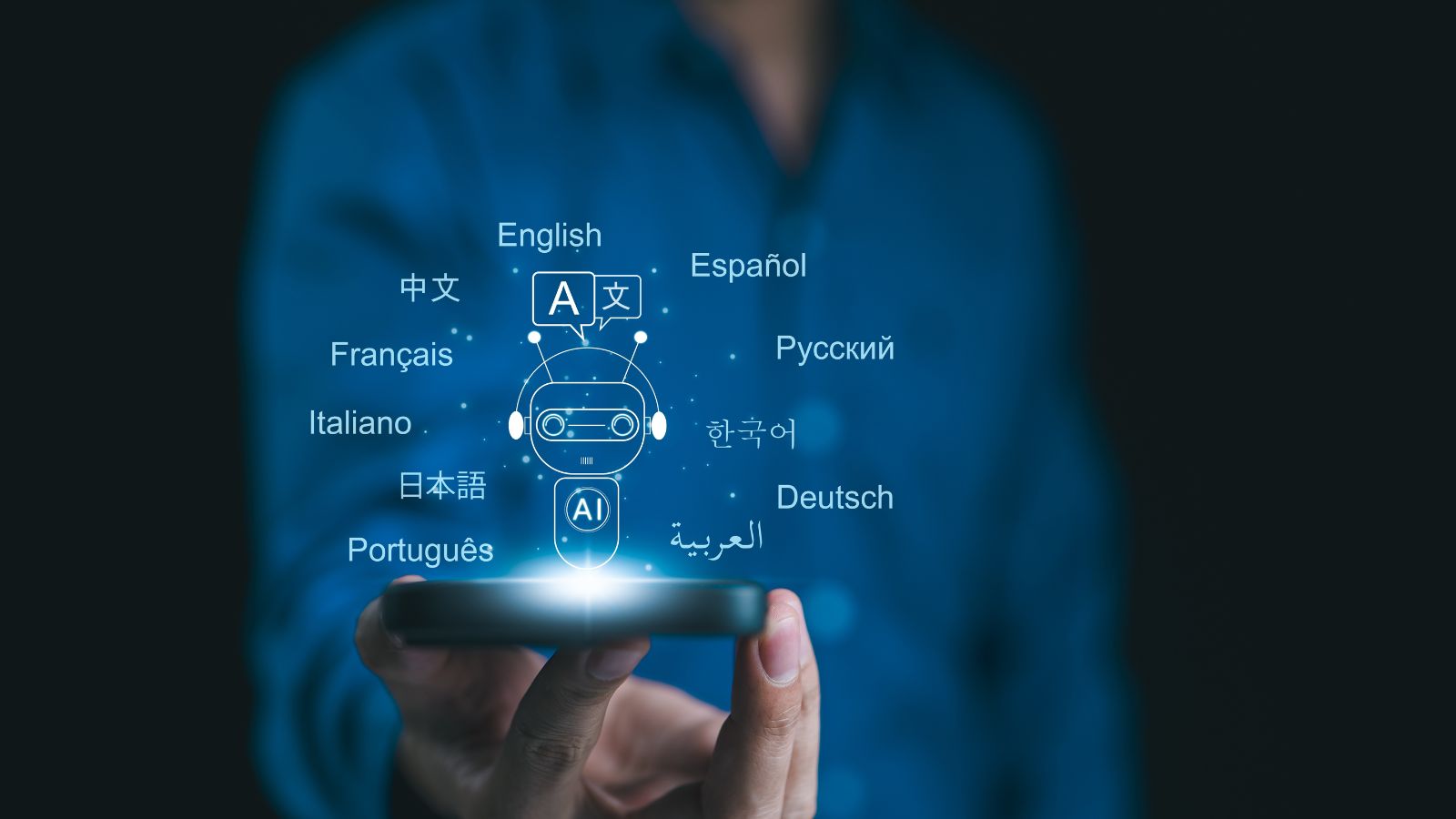
AI tools such as automated schedulers and task managers influence how you structure your day. While these tools often prioritize efficiency, they can overlook creative approaches, potentially reshaping your definition of productivity. However, they also help generate new ideas that can be developed further, supporting both innovation and efficiency in the workplace.
Health Monitoring
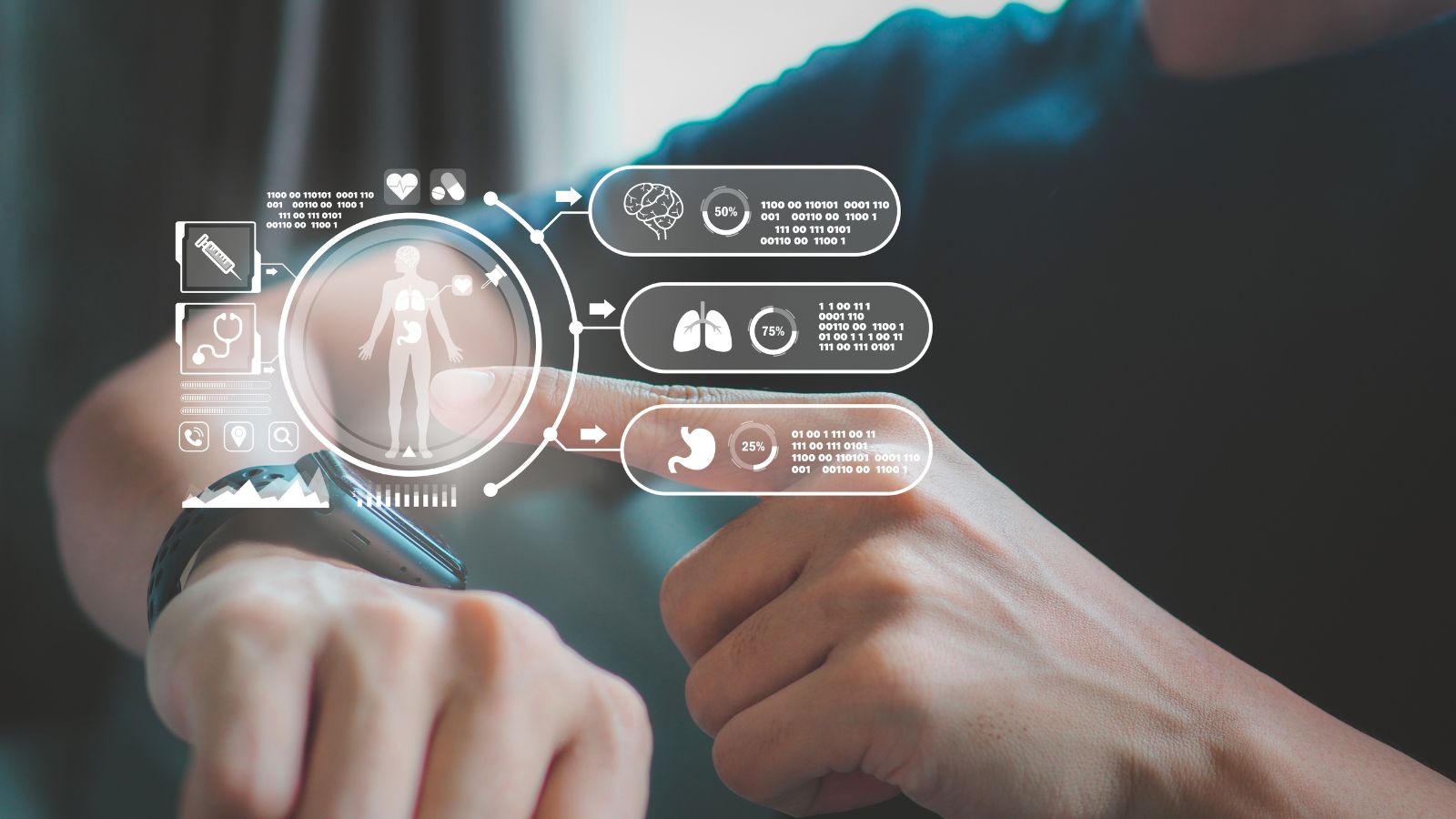
Wearable devices powered by AI offer guidance on workouts, diet, and sleep. While this advice can be beneficial, it may cause you to rely more on technology than your intuition, changing how you perceive and manage your well-being.
Travel Decisions
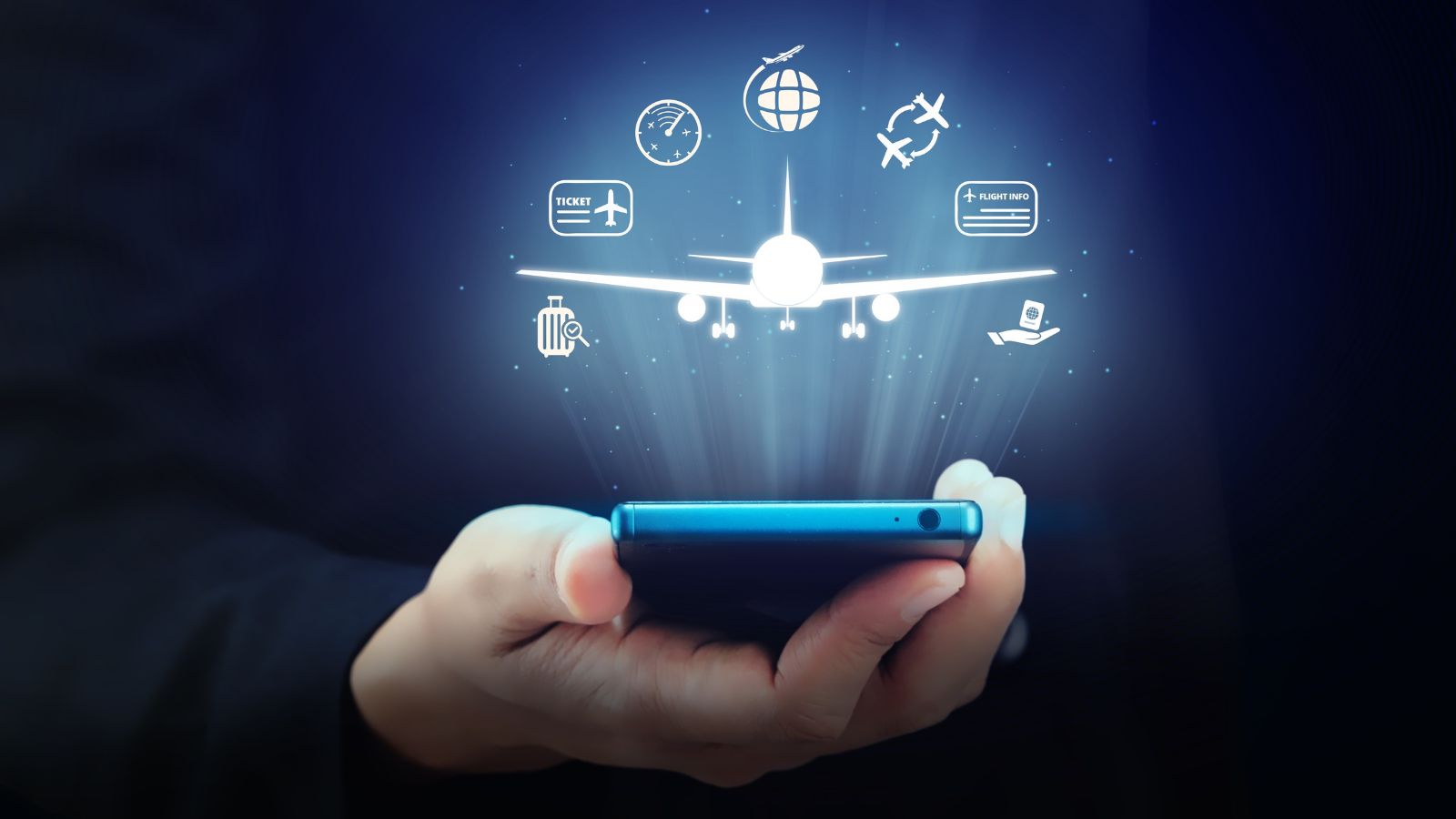
AI influences travel plans through route optimization apps like Google Maps. While these systems suggest the fastest or most efficient routes, they may deprive you of scenic or culturally enriching experiences. Travel has become much easier, as you no longer need to ask for directions in unfamiliar places or worry about getting lost. With tools like Google Maps, navigating new locations has become more convenient and stress-free, enhancing the overall travel experience.
Job Hunting

Recruitment systems use AI to filter applications, often suggesting skill upgrades or career changes. This technology can guide you toward roles you may not have considered, sometimes leading your career in unexpected directions. While it opens up new opportunities, it also encourages the development of new skills, helping you grow professionally and explore paths you might not have initially thought of.
Financial Planning
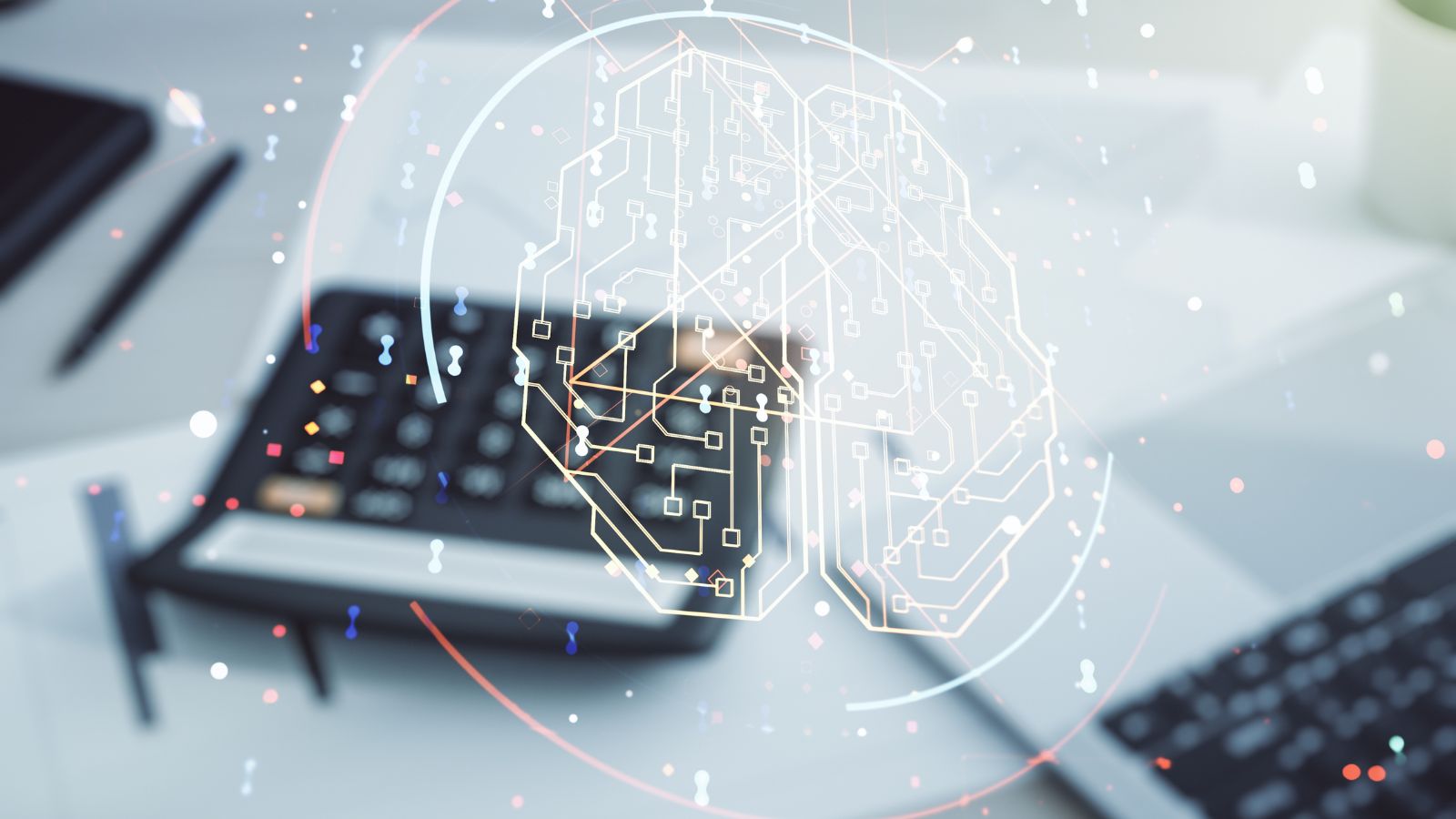
AI in budgeting apps categorizes costs and predicts spending tendencies. While this fosters better cash management, it could also lead to over-reliance, with users losing touch with manual monitoring and personal financial judgment.
News Consumption
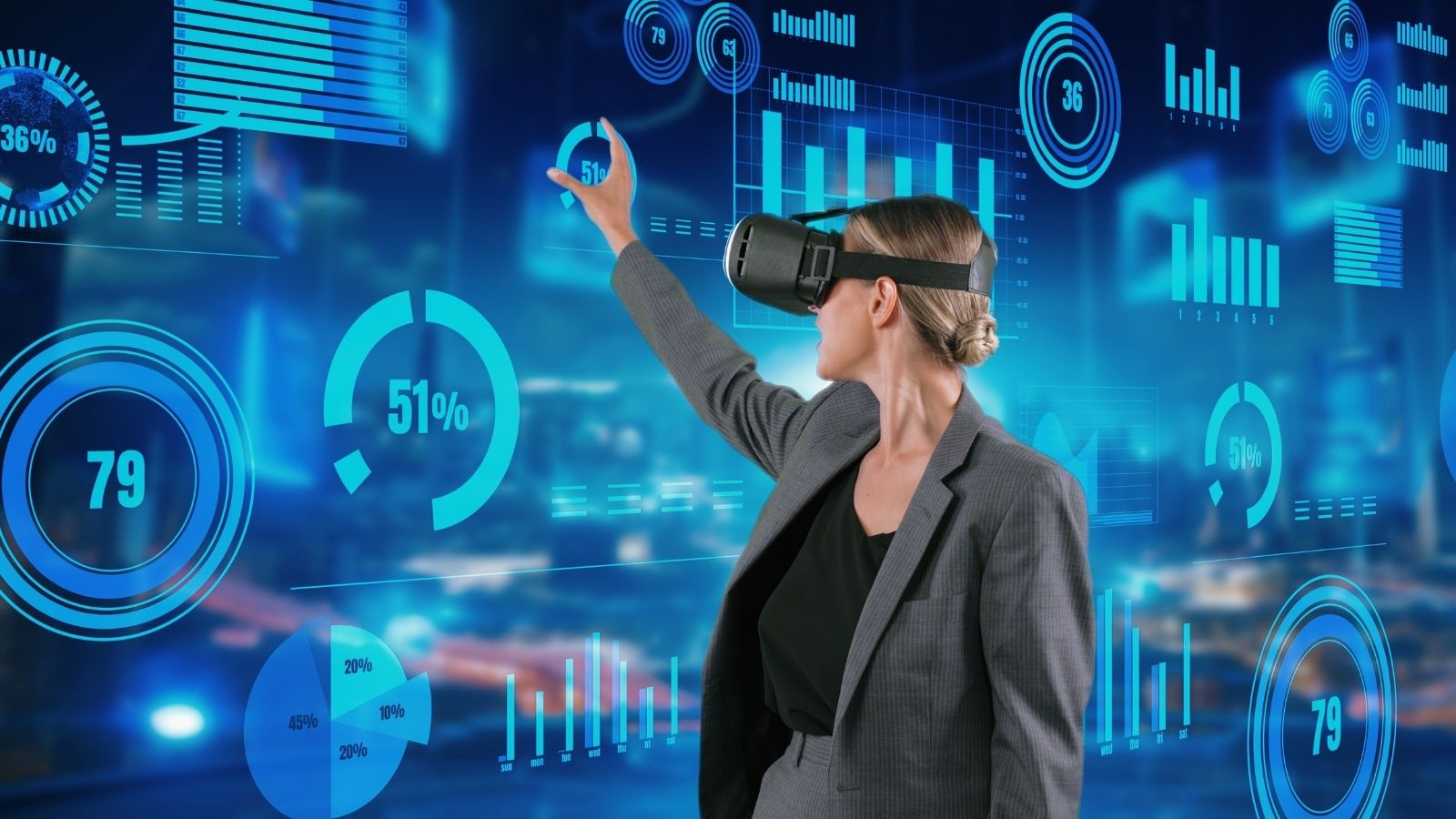
Newsfeed algorithms curate stories based on past interactions, shaping your worldview. This selective exposure can create echo chambers, influencing what you accept as truth and the opinions you form about current events.
Fitness Goals
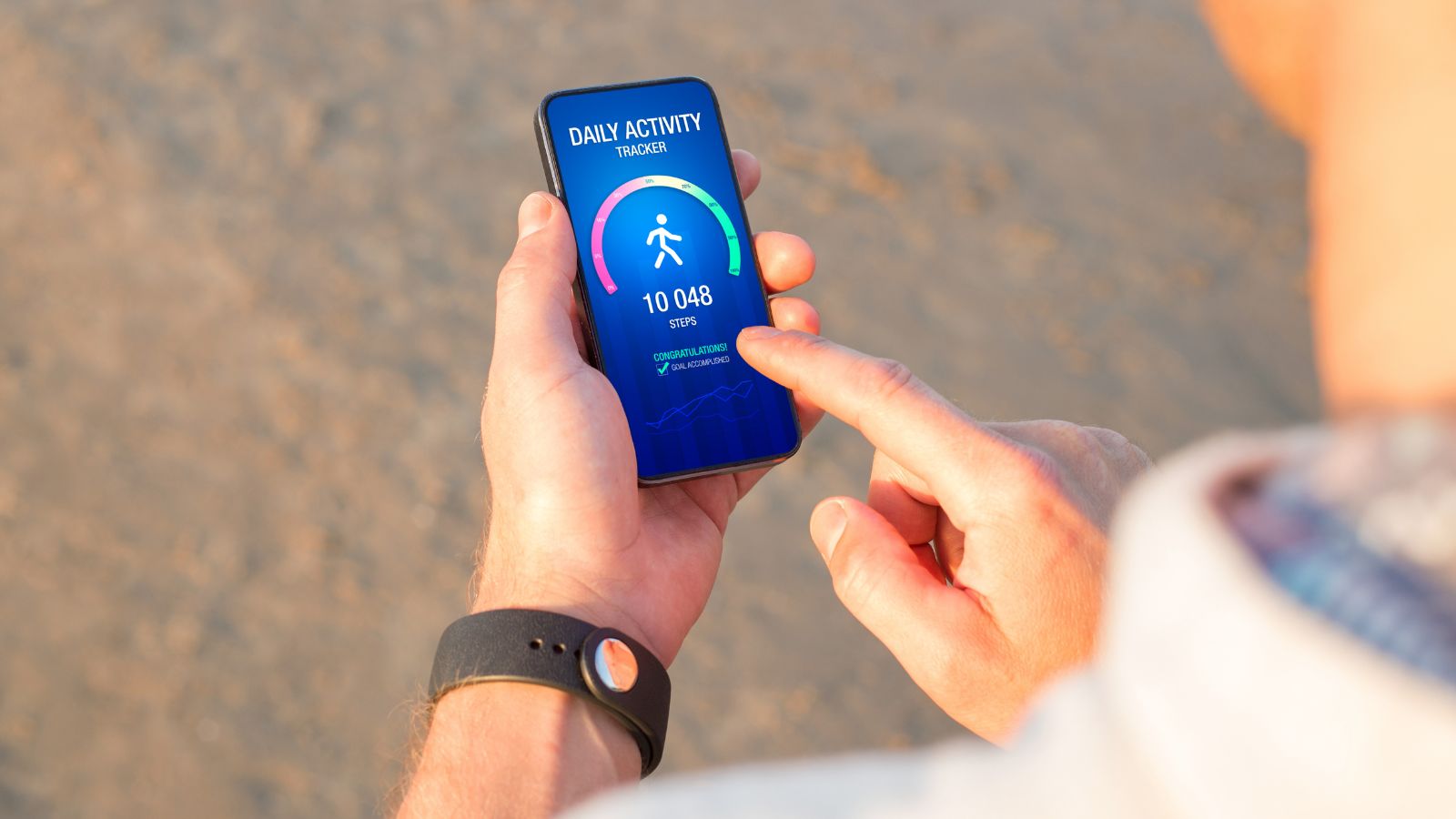
AI-driven fitness apps provide personalized workout plans and performance evaluations. While motivating users, they may also create pressure to meet algorithmically determined goals, potentially affecting mental and physical well-being.
Home Environment

Smart home systems, such as AI-powered thermostats and lights, adjust settings based on your preferences. While convenient, these automatic adjustments may reduce your awareness of energy consumption and environmental impact.
Educational Choices

AI systems analyze learning styles to recommend schedules or career paths. While helpful, they may inadvertently steer students toward fields where algorithms predict success, limiting broader exploration.
Restaurant Selection

AI tools in meal delivery and review apps recommend restaurants based on past orders. This can narrow your dining experiences, as algorithms prioritize familiar cuisines over unique, local options. You can choose the restaurant that best suits your preferences by looking at reviews.
Beauty and Fashion

AI shows beauty products and clothing that shape your fashion via digital try-ons or purchasing assistants. This can affect your sense of identification, as algorithmic possibilities would possibly redefine what you recall as fashionable. Additionally, the filters introduced in apps continue to advance, affecting how you perceive beauty and fashion.
Mental Health Support
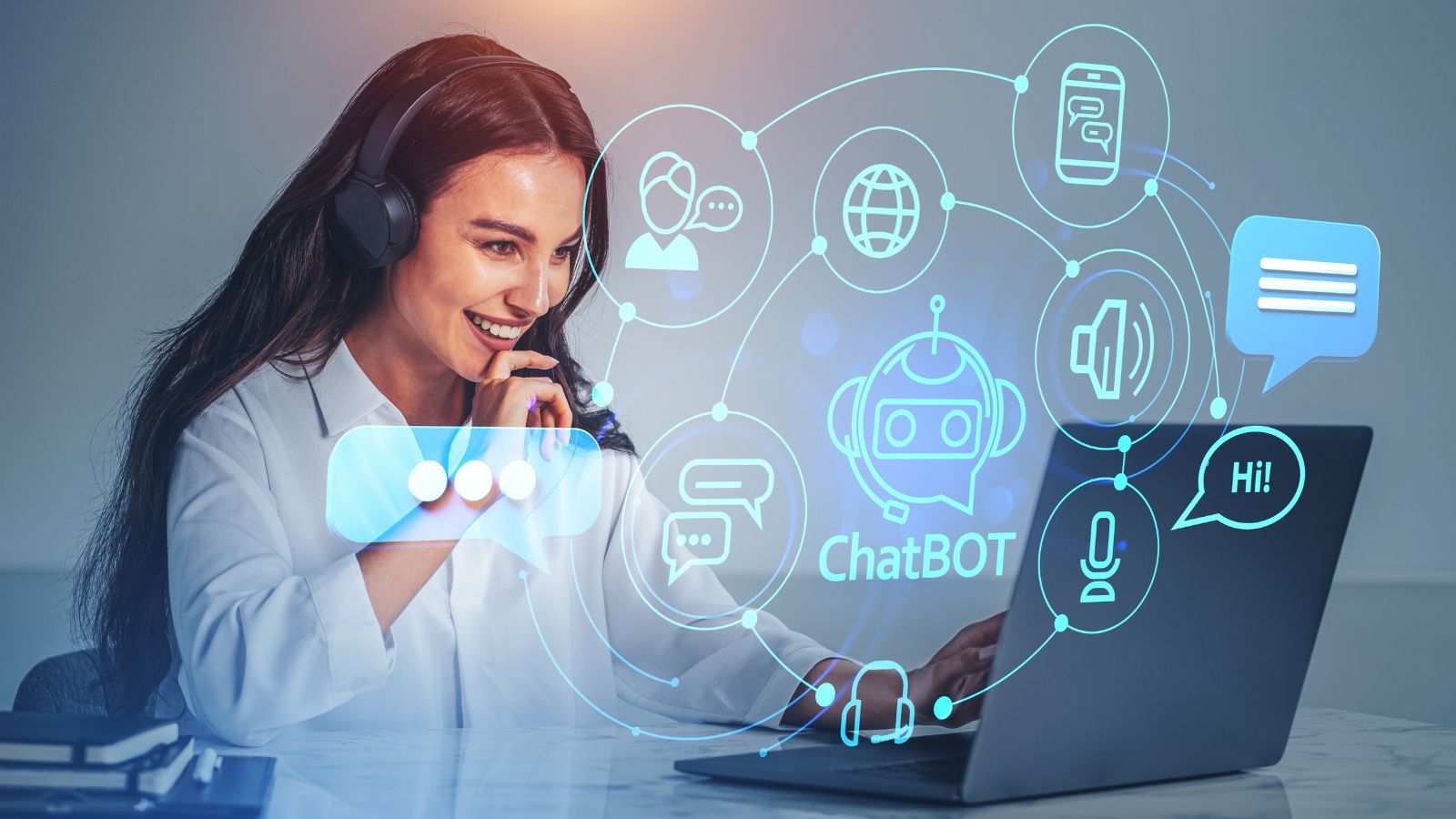
AI chatbots offer mental health advice or therapy. While convenient, these tools may oversimplify complex emotions, impacting how individuals process their feelings and seek deeper human connections.
Civic Participation

AI tools suggest petitions to sign or political events to attend based on your interests. This tailored engagement may influence your activism focus, steering your attention toward specific causes.
Parental Decisions

AI baby monitors and parenting apps offer recommendations on raising children, often influencing parenting styles. However, these suggestions may reduce spontaneity and personal judgment in caregiving. While helpful, they can also introduce new methods to support your child’s growth.
Fashion Trends

Social media algorithms highlight trending styles, encouraging users to adopt popular looks. This influences how individuals perceive fashion, often prioritizing conformity over personal expression. You can discover new ways to find outfits that fit your style by exploring different trends and incorporating them into your wardrobe.
Long-term Planning

AI prediction models assist people in planning for retirement or life goals by analyzing data trends. While helpful, these tools may diminish the role of human adaptability as decisions become data-driven rather than instinctive.
Conclusion
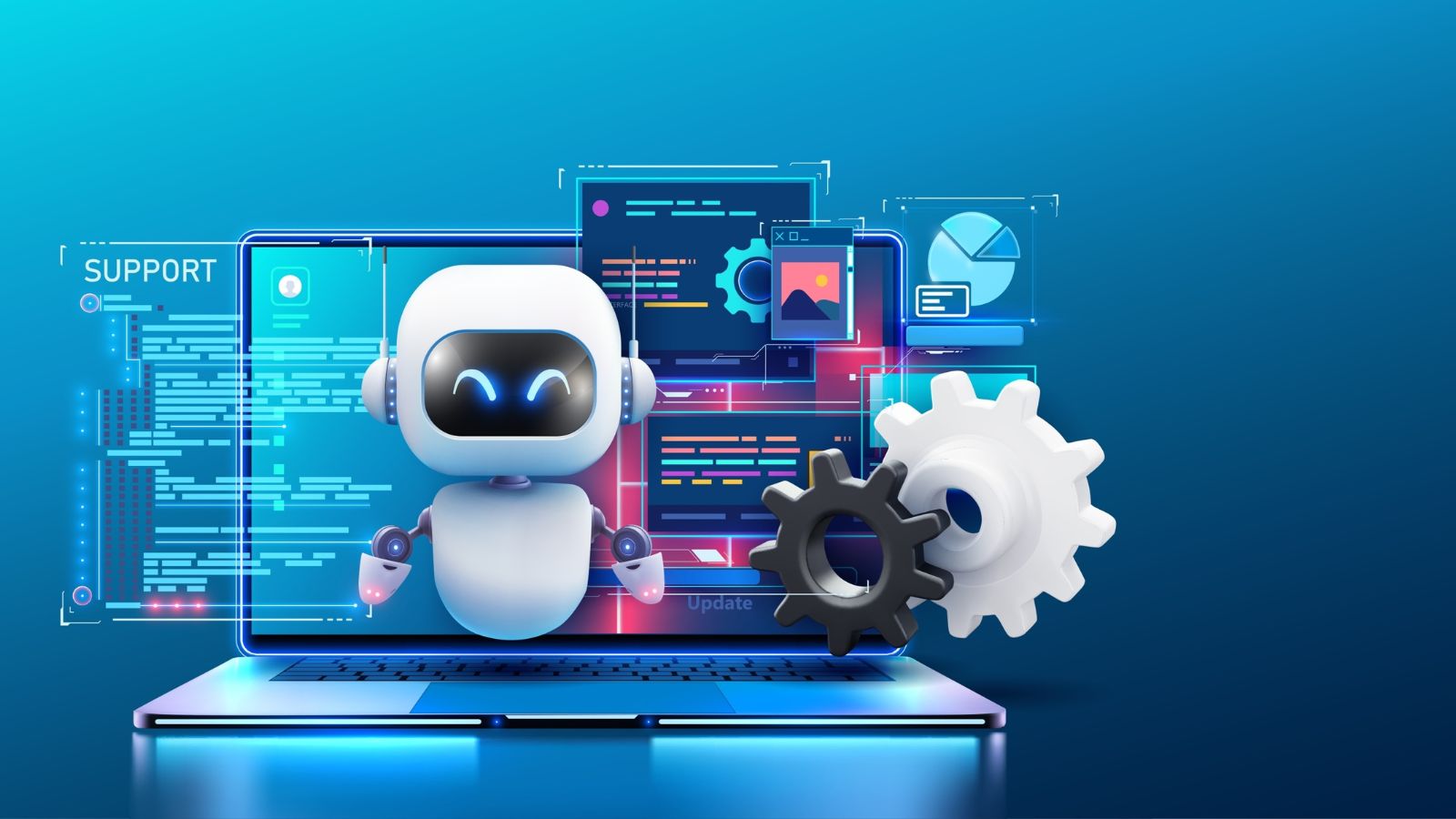
In conclusion, AI is increasingly shaping our decisions subtly, offering benefits and challenges. While it enhances convenience and efficiency, it’s crucial to maintain control over our choices. By understanding AI’s influence, we can responsibly leverage its capabilities, ensuring it remains a helpful tool without compromising our autonomy or personal judgment.
25 Countries Predicted to Become Economic Superpowers in the Next 20 Years

The strength of an economy plays a crucial role in various international policies about trade and relations. Certain factors determine the strength of an economy, including population growth, availability of resources, and development and advancement. Here are 25 countries predicted to become economic superpowers in the next 20 years
25 Countries Predicted to Become Economic Superpowers in the Next 20 Years
